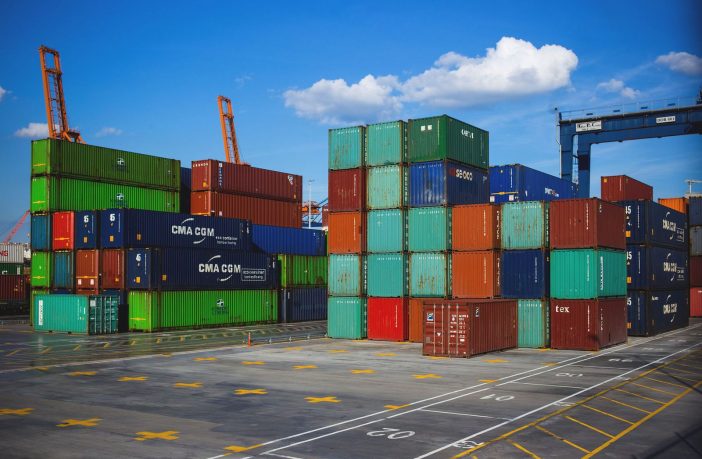- Norwegian business intelligence firm Rystad Energy has predicted rising solar module and shipping costs could prompt the delay or cancellation of as much as 56% of the solar generation capacity currently planned worldwide next year.
With the average price of solar modules having risen from $0.20 per Watt-peak last year to $0.26-0.28 since July, up to 50 GW of the 90 GW of solar generation capacity planned for 2022 could be threatened by inflation, according to the Oslo-based consultant.
Modules and shipping costs typically make up between a quarter and a third of solar project capital costs, according to Rystad, and both input costs have soared on the back of a shortage of shipping containers, exacerbated by the Covid crisis; and rising prices for solar panel raw materials polysilicon, silver, copper, aluminum, and glass.
The polysilicon price alone has almost quadrupled in recent months and the shipping costs for solar panels have risen almost sixfold, from $0.005/Wp, in September 2019, to around $0.03 this month.
With Rystad senior renewables analyst David Dixon stating the supply bottlenecks are unlikely to ease within 12 months, the company has calculated the levelized cost of energy from solar projects is likely to have risen 10-15% from the average figure posted last year.
That will leave solar project developers with a stark choice of either reducing their margins, passing on the costs in the form of more expensive solar electricity, or postponing or cancelling solar plants.
Author: Max Hall
This article was originally published in pv magazine and is republished with permission.











